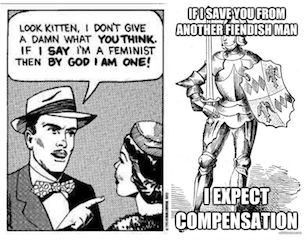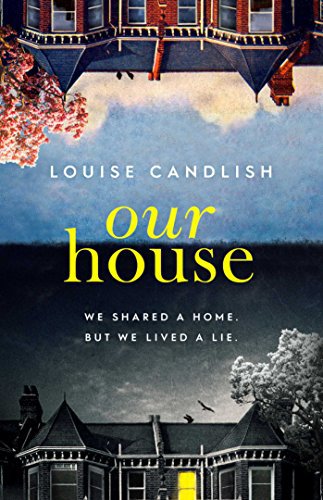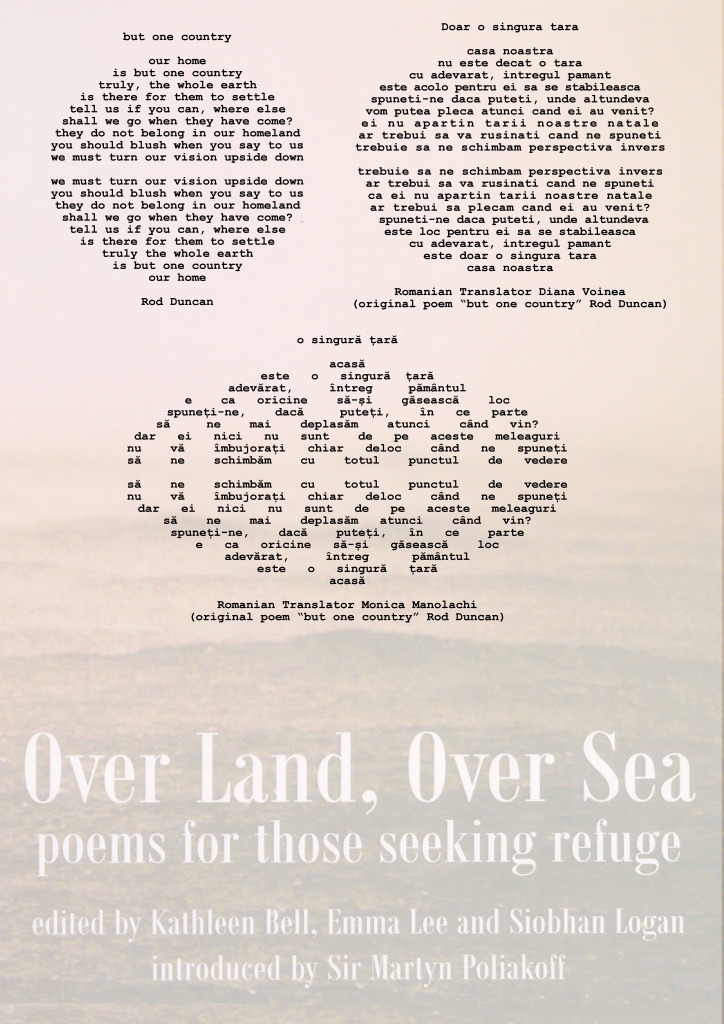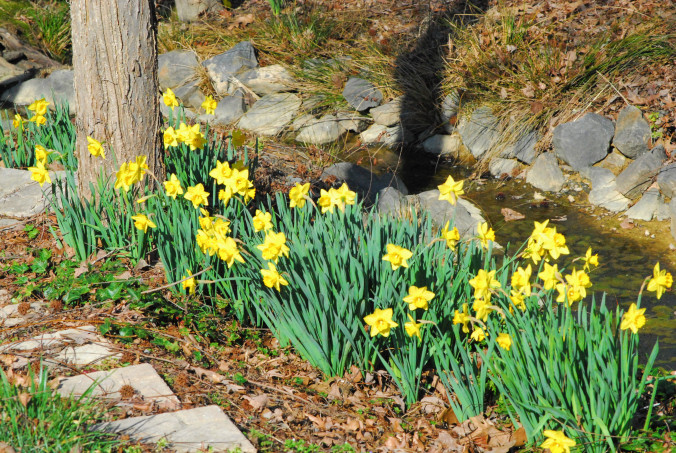
At this very point in time, with the potentially epochal momentum created by the women (and some men too) who so bravely came forward to raise their voices and speak out against the sexual harassment and assault they had suffered, and the popular #metoo movement that is not only allowing people (mainly women and girls) to be heard, but encouraging them to share their stories in order to send a clear and powerful message to males that the inappropriate, uncivilized, and in some cases criminal, behavior females have had to endure from them for so long is no longer going to be silently tolerated or overlooked, no longer can it try to be passed off as “harmless”, a “compliment”, a bit of “flattery” (just males being males), no longer is it going to be ignored. Cannot. Will not.

And of course, this issue of sexual harassment and assault, part of more general gender inequality that is global in reach, is tied up with discussions of male behavior often focused around the idea of “allies” and “white knights“. The latter, of course, a problematic category of males wanting to do the “right thing” (for reward, as is often the case) but perhaps still culturally and socially restricted by the gender norms associated with their generation and socioeconomic status which prevents them from being able to (or genuinely attempt to) develop the necessary awareness and understanding to communicate and interact with females as people deserving the same respect, dignity and equality as they expect to receive. (Surely not that hard though….??)
The above helps frame the Beckett passage below. It is perhaps not the best passage to be highlighting at the moment, its blatantly and violently misogynistic, but the brilliance of Beckett means it serves as a critique that performs an auto-deconstruction of the monstrous desires it describes. My memory of the passage was triggered the other day when I encountered a white knight, in textual form, a parody as such, that was published as “”Why Won’t Women Date Me, a Very Nice Guy?” in The New Yorker:
Whenever I introduce myself to a woman, I always make sure to slip in the fact that I am a very nice guy. I then proceed to repeat that fact any time there’s a pause in conversation. I think it’s important to constantly remind women how nice I am. How else will they be able to figure out that I am such a good, kind man?
Anyway, they are both statements on male entitlement that is justified and sustained by a repeated recourse to an identity built on delusional self-worth, expressed in slightly different ways, but I believe the Beckett passage can contribute a more critical perspective, in comparison to the comically overwrought New Yorker piece, to considerations of the issues above—and, after going to the trouble of finding the Beckett quote after my memory was jogged, I wanted to share it and “archive” it too.
Malone Dies — Samuel BeckettBeckett’s character Malone is no role model for males, or any kind of decent human being for that matter. And, Beckett’s literary talents (genius) provide the passage with formal and thematic complexities that not only enable but demand a number of interpretative possibilities and issues to be dealt with in a “reading” of it—I will avoid saying anymore than I already have above (a critique that performs an auto-deconstruction of the monstrous desires it describes). Instead, I will leave it to the individual reader, for not only am I incapable of doing Beckett the justice he deserves in any feeble attempt I put forth here, his work is something that needs to be engaged with by each reader.
Or I might be able to catch one, a little girl for example, and half strangle her,
three quarters, until she promises to give me my stick, give me soup, empty my pots, kiss me, fondle me, smile to me, give me my hat, stay with me, follow the hearse weeping into her handkerchief, that would be nice. I am such a good man, at bottom, such a good man, how is it that nobody ever noticed it? A little girl would be into my barrow, she would undress before me, sleep beside me, have nobody but me, I would jam the bed against the door to prevent her running away, but then she would throw herself out of the window….’
Advertisements Share this:





